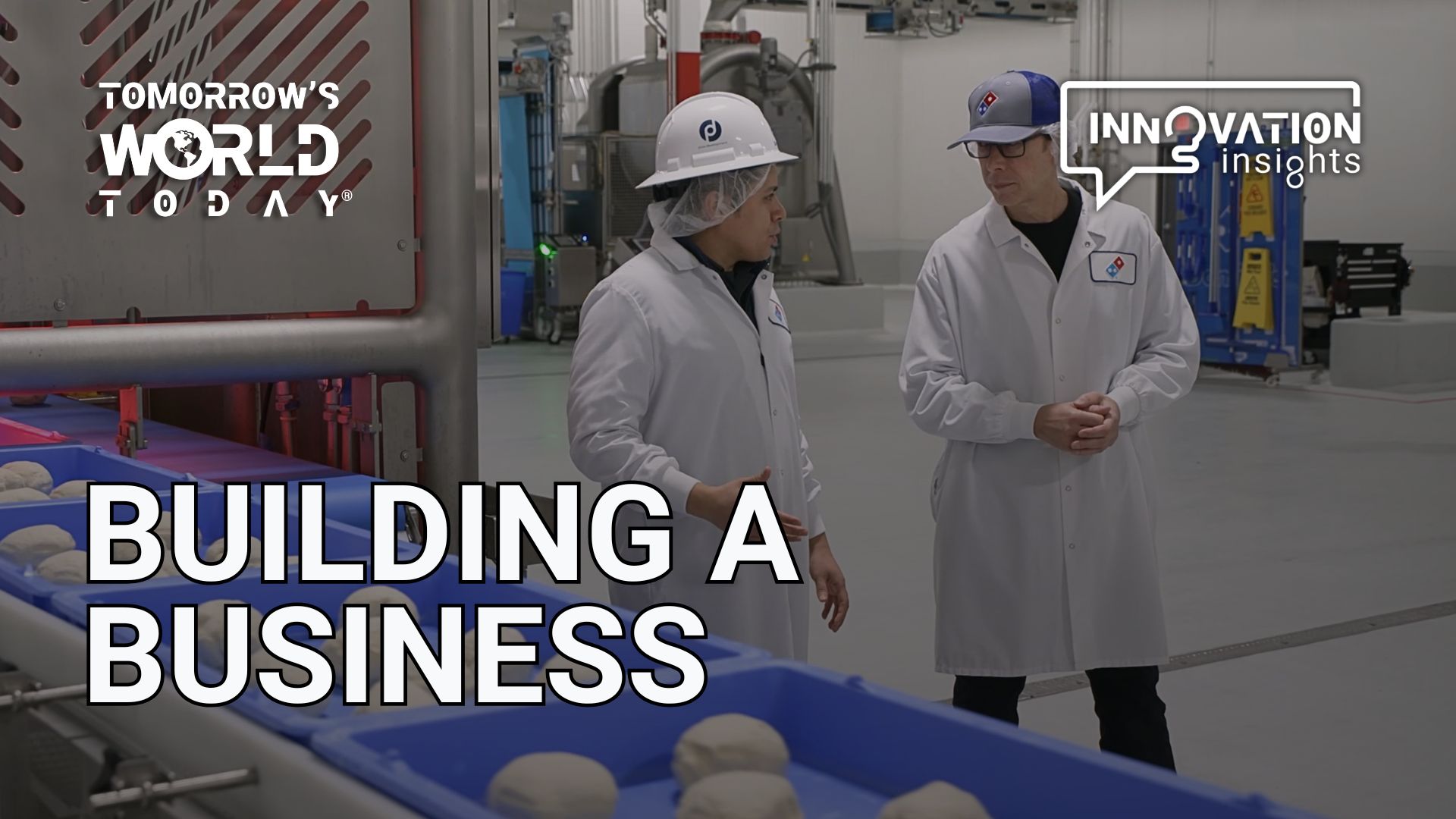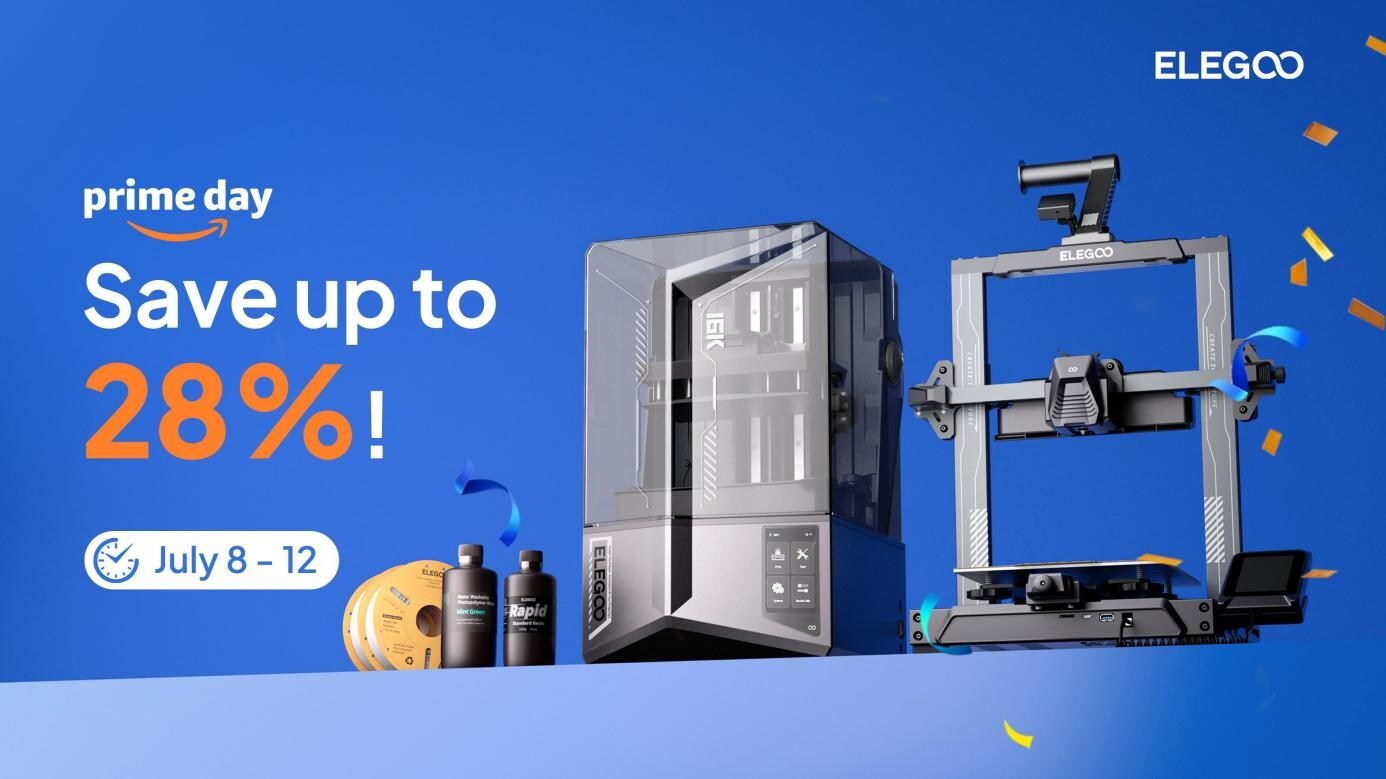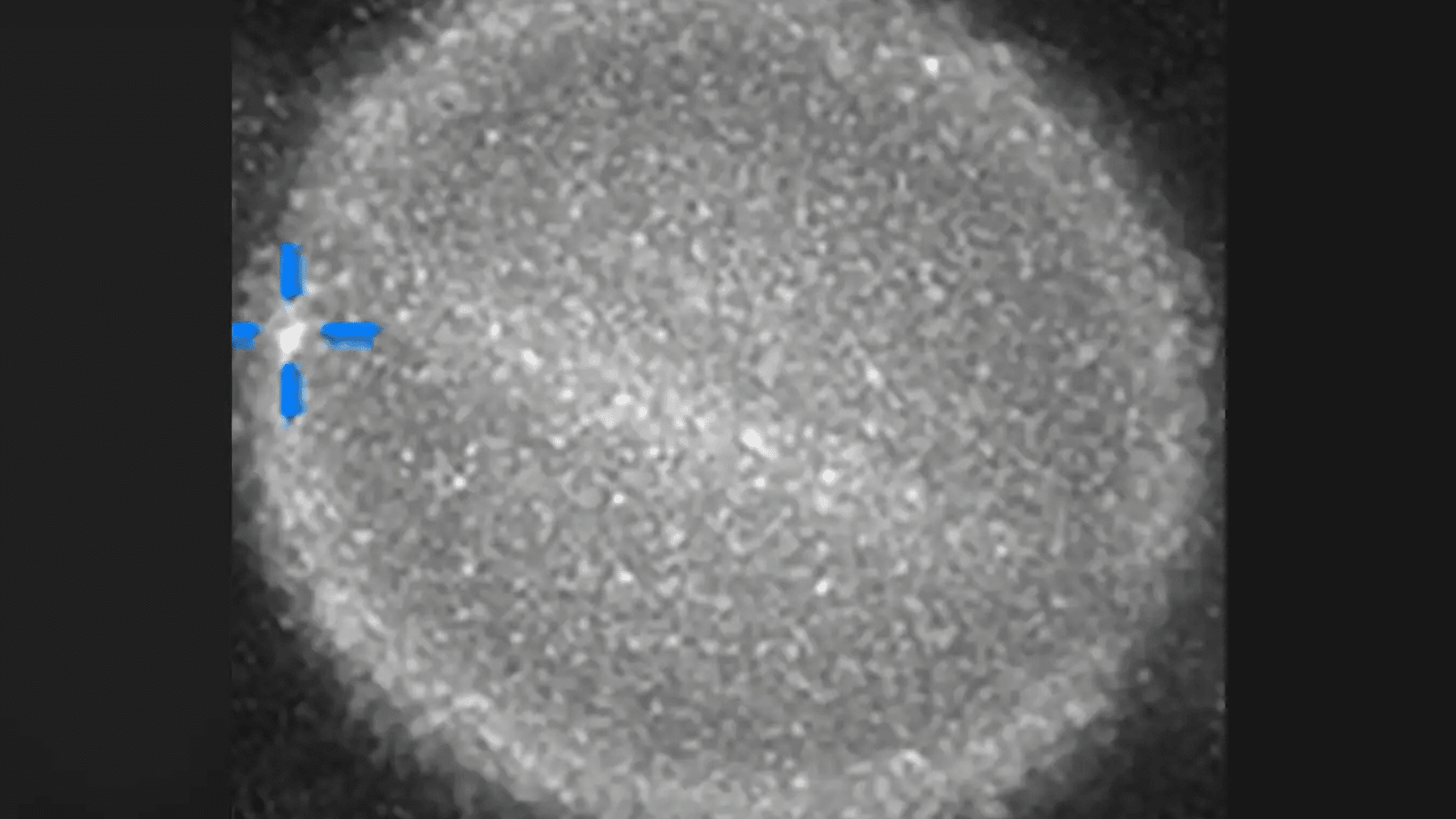The Kawada group, based in Japan, knows that the age of robots is here. More robotic creations are taking over menial jobs, like sorting items or packing them for shipment. The problem, in their eyes at least, is that we treat these robots as “equipment,” when they should be more like partners. That’s why they started NEXTAGE.
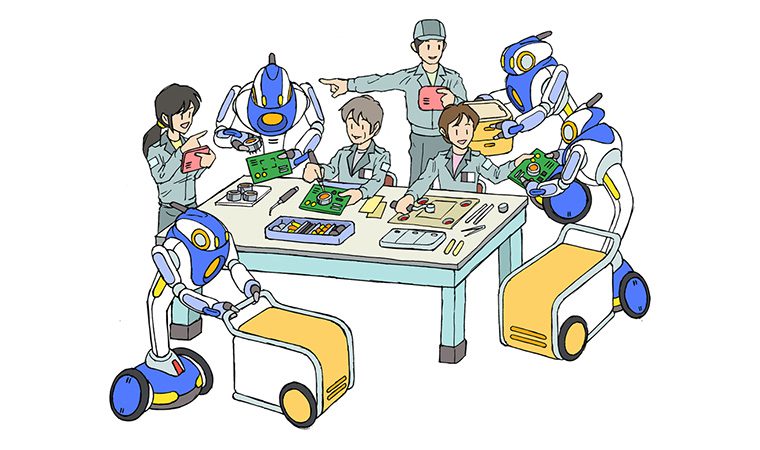
According to NEXTAGE’s webpage, the goal of the project is to “liberate human beings from menial repetitive labor, allowing us to focus on areas that require creativity and generate added value, such as process management and improvement activities.” These are traditionally tasks that robots struggle with as they require imagination and innovation to complete. (If any imaginative or innovative robots are reading this in the future, I apologize.) By allowing the robots to deal with generic tasks and manual labor, it frees the human employees to complete more complex jobs.
This probably doesn’t sound particularly groundbreaking. Plenty of companies are replacing jobs like stacking shelves or bagging groceries with robots. The difference in NEXTAGE bots is the own bot’s awareness. All NEXTAGE robots come equipped with stereo vision in the head camera and two hand cameras for “detailed position awareness.” This gives them more visual understanding and context, making some more delicate tasks easier.
They’re also designed with safety in mind, making them less of a threat to have in the same vicinity as coworkers and patrons. An LED display on the front and back of the NEXTAGE robot highlights its current status. The axes of the elbows are configured so they never jut out, even when both arms are in use. Lastly, despite having 15 operational shafts, none use more than 80 watts of power. Less energy consumption makes it less of a drain in commercial setups, which traditionally use less electricity than industrial counterparts.
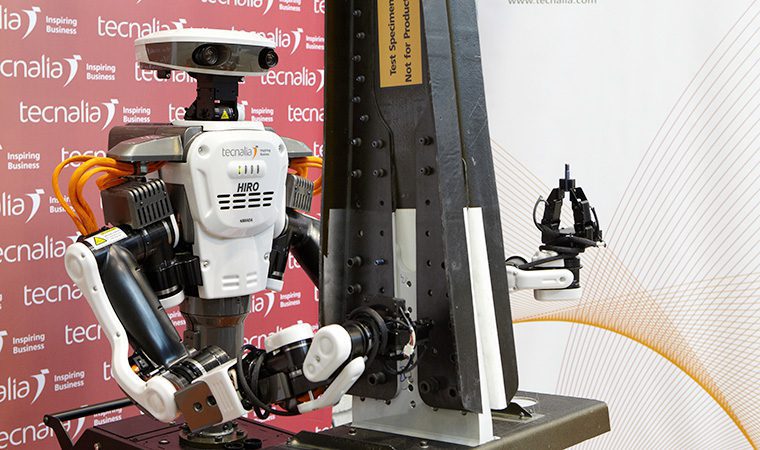
Particularly interesting is how NEXTAGE’s source code is licensed by the GNU General Public License. Even if you do not own one of the robots, you can download the software, modify it, and distribute it- all for free. This opens the door for new functions to be added to NEXTAGE’s repertoire, giving it more versatility and an edge in a cutthroat market. The software is also GUI-based, allowing users to control the robot through graphical elements.
While NEXTAGE has yet to arrive in America, it’s already crossed from Japan to Europe. In May 2012, a research version of NEXTAGE named “Hiro” began working for Tecnalia Research & Innovation in Spain. A year later, Hiro moved to help out and be tested in an Airbus production facility. During Japan Robot Week 2014, Kawada attempted to showcase NEXTAGE making a cup of instant coffee. While the robot succeeded in the task, it’s safe to say most baristas aren’t in danger of being replaced.
Of course, NEXTAGE’s entire premise does little to calm those who fear the “robot takeover.” It’s a growing and well-founded concern, with more companies replacing traditional employees with androids or robots. Still, it seems for now Kawada is content hyping up the “collaborative” aspect of NEXTAGE. “NEXTAGE coexists with humans,” the concept page reads, “at the same time it collaborates with conventional industrial robots and specialized equipment.”
If you can ignore the mildly-threatening motivations behind NEXTAGE, there’s a great deal to appreciate. Robots like Hiro are safer to use in public environments than other bots and offer more dexterity. The software used to program NEXTAGE is more user-friendly and accessible to the public. Most importantly, it proves that robots and humans can work side-by-side without fear of one replacing the other.
Unless it’s taking care of coffee for a group meeting. You should probably let a human take care of that.
Influence the future and follow our World of Innovation.



